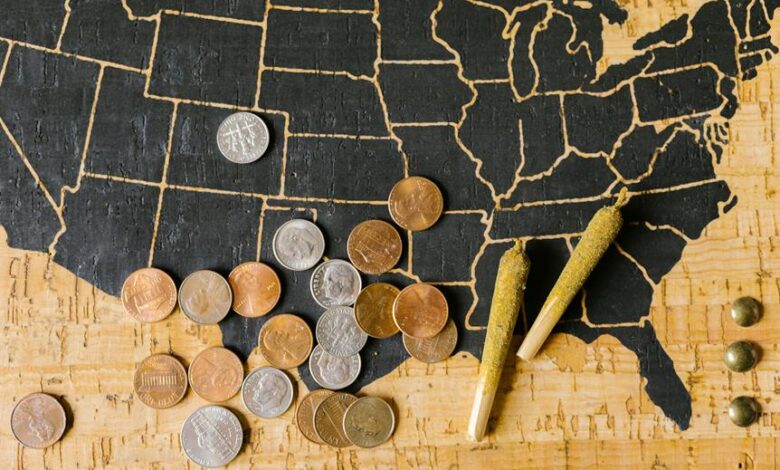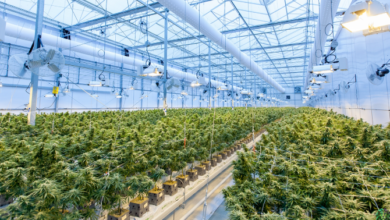Is CBD Legal in Costa Rica? A Guide to CBD Laws

The legal landscape surrounding CBD in Costa Rica has undergone significant changes, reflecting a growing recognition of its therapeutic potential. As the country establishes a framework for the responsible use and distribution of CBD products, understanding the nuances of current regulations becomes paramount for both consumers and businesses alike. Compliance with specific legal protocols is essential, particularly when it comes to importing CBD. With public awareness on the rise, the future of CBD laws may hold further developments that could shape the market landscape. What are the implications of these evolving regulations?
Overview of CBD Legality
In Costa Rica, the legal framework surrounding cannabidiol (CBD) has evolved significantly, reflecting a growing recognition of its potential therapeutic benefits while adhering to regulatory standards.
Despite prevalent CBD misconceptions, such as its association with marijuana, the legal landscape increasingly supports its use.
This shift acknowledges the diverse CBD benefits, fostering a more informed public perspective and encouraging responsible consumption within the framework of national legislation.
Current CBD Regulations
The current regulatory framework for CBD in Costa Rica is characterized by specific guidelines that govern its production, distribution, and consumption, reflecting a balance between public health considerations and the burgeoning market for CBD products.
These regulations permit various CBD product types, emphasizing their potential health benefits while ensuring safety standards are met, thereby fostering an environment conducive to responsible consumer access and informed choice.
Importing CBD Into Costa Rica
Importing CBD into Costa Rica requires adherence to specific legal protocols and documentation to ensure compliance with the country's regulatory framework.
The importation process involves understanding customs requirements, including necessary permits and product specifications.
Failure to comply can result in confiscation or penalties, making it essential for individuals and businesses to navigate these regulations carefully to facilitate a smooth import experience.
Future of CBD Laws
As the landscape of CBD regulations continues to evolve globally, Costa Rica's legislative approach is poised to adapt, reflecting both international trends and domestic public health considerations.
Future trends indicate potential regulatory changes that may enhance accessibility and promote responsible use of CBD products.
Such developments will empower consumers while ensuring compliance with safety standards, fostering a more informed and liberated market environment.
Conclusion
The legal status of CBD in Costa Rica reflects a progressive approach towards its therapeutic potential, supported by a framework that prioritizes safety and responsible consumption.
Recent studies indicate that approximately 60% of Costa Ricans are aware of CBD's health benefits, suggesting a growing public interest that may influence future legislative adaptations.
As the market for CBD expands, ensuring compliance with existing regulations will be crucial for fostering informed consumer choices and promoting sustainable industry growth.




